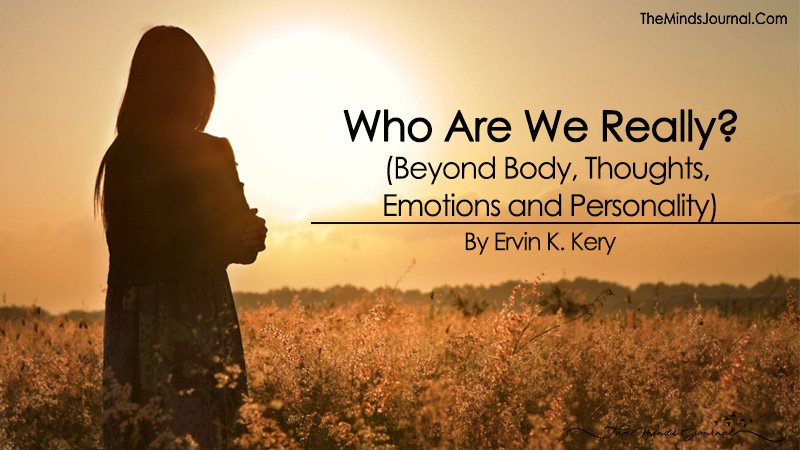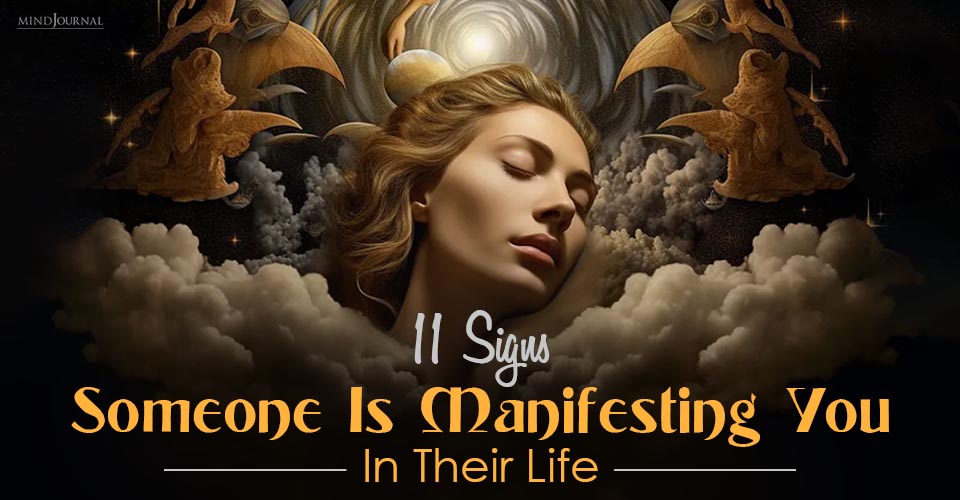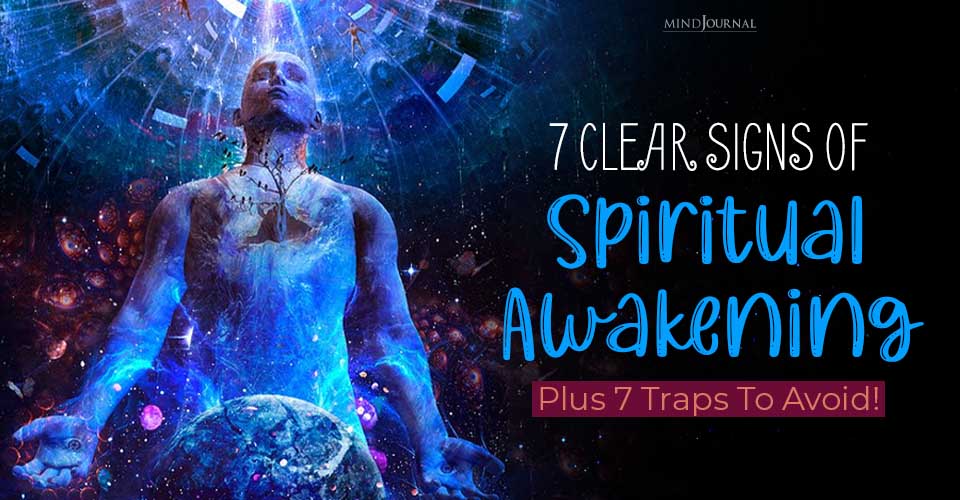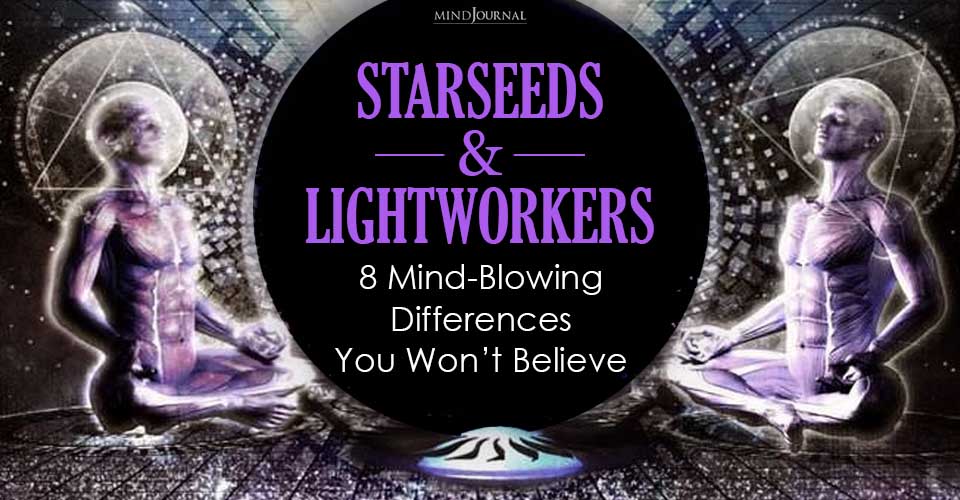The Mysteries of our Body
Our sensory organs tell us that our body is solid and permanent. In reality, however, our body changes permanently, like the currents of a river.
Upon taking a breath, over 1.000.000.000. 000.000.000.000 atoms arrive into our body, they are incorporated into our cells, and the same amount leaves our body when we breathe out. 98% of the atoms of our body is replaced in a period shorter than a year: the liver is completely renewed in 6 weeks, the skin in days, the bones are fully replaced in 3 months, and the DNA is renewed in 6 weeks. The atoms of your body as it existed a year ago are now all outside of your present body: in the atmosphere, in the soil or incorporated into other living organisms, grass and trees… that is how the entire planet recycles itself in a perpetual cycle. We live in close interconnection and interaction with all other things, everything is in the state of a constant change and transformation.
The only permanent thing is change. We still tend to experience the permanence of our Self. Is it possible that we are not identical with our body?
In the Captivity of Thoughts
What are thoughts? The philosopher Descartes announced that ”I think, therefore I am!” This erroneous assumption influences our identity even in the present day. Our thoughts, just like the cells of our body, are constantly replaced with new ones; a thought emerges and then vanishes, and new thoughts and ideas-associated with the previous one-appear in a constant stream. Among the thoughts stream, there is a small gap, a little space. This space is the space of Consciousness, in which a thought can appear.
We are proud of being able to think. But are we really the ones who think? Are we really in control of our thoughts, are we the ones who intend to think?
I invite you to carry out a simple, nonetheless astonishing experiment:
Take a watch or a stopwatch, and decide that you are not going to think for a while, as long as you are able to do so! Well, how long has it taken until the first thought slipped into your mind? 5-10 seconds? Are you able to avoid thinking for minutes?
You will be astonished: you are incapable of not thinking. Thinking takes place, it happens to you. The thoughts think you, and it is not you who thinks it. You do not do it at will (if it depended it on your will, you could simply avoid thinking), and you are unable to suppress thinking or keep it under control.
It is not we who think, but the thoughts keep us under control with its compelling force. It is the constant stream of thoughts that cover up the existence of the Consciousness.
The Pitfall of our Emotions
Emotions work in a similar manner: they emerge and vanish in the space of the Consciousness.
Emotions, at the same time, influence our lives to a large extent: they are able to generate lasting addiction. Every emotion has its own neuropeptide, a type of hormone, which is created by the brain and sent to our cells through the circulation of blood. These peptides are very powerful chemicals, and if they keep bombarding our cells for an extended period of time, they induce addiction. Once you have become addicted, you will unconsciously strive to create situations in your life in which you are able to satisfy your addiction. If you are, for instance, an anger-addict, you will seek situations in which the ”anger-peptide” addiction of your cells will be satisfied.
Our body is not constant, it is continually renewed–we, therefore, cannot be identical with our body. Our emotions and thoughts are not constant either. What we refer to as ”Self,” on the other hand, exists permanently. The time has come to ask the question: if we are identical neither with the constantly changing body nor with the similarly changing thoughts and emotions, WHO WE REALLY ARE?
The Realm of the Ultimate Mystery: the Consciousness
By now, science has studied the world down to the tiniest detail: the human body was dissected, to organs and to cells, way down to the cell nucleus. But when the parts of the body were put together again, only a lifeless puppet was there–life somehow escaped in the course of dissection. We know everything about the structure of the eyes of a common mouse, all that knowledge is there, wrapped up in Latin terms, figures, statistics, and equations. But the thing we still know only very little of, and what is likely one of the last great challenges for the science of the 21st century is Consciousness itself.
Two young fish are swimming and they meet an elder fish. ”The water is very pleasant today, isn’t it?” the elder fish greets them politely. The two young fish swim on, and after a while, one of them asks. ”Water? What is water?”
Consciousness is through and by which we live and experience ourselves and the surrounding world. Since we ”swim” in it, we are unable to recognize it. Consciousness is the space itself in which sensations, emotions, and thoughts appear, and the mental image we create of the world is projected into the immense space of the Consciousness. Sensations, emotions, and thoughts keep streaming into our Consciousness, and as we focus on these contents, we ignore the space itself, which is the container of the contents. This conscious space is our ultimate Self.
(Excerpt from the book “Mindfulness Meditation – Journey into Consciousness” by Ervin K. Kery)
Written By Ervin K. Kery









Leave a Reply